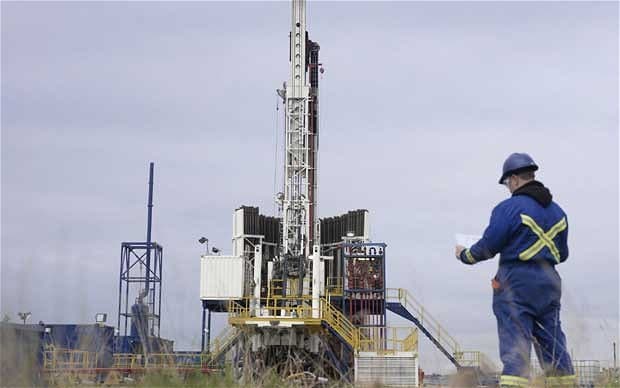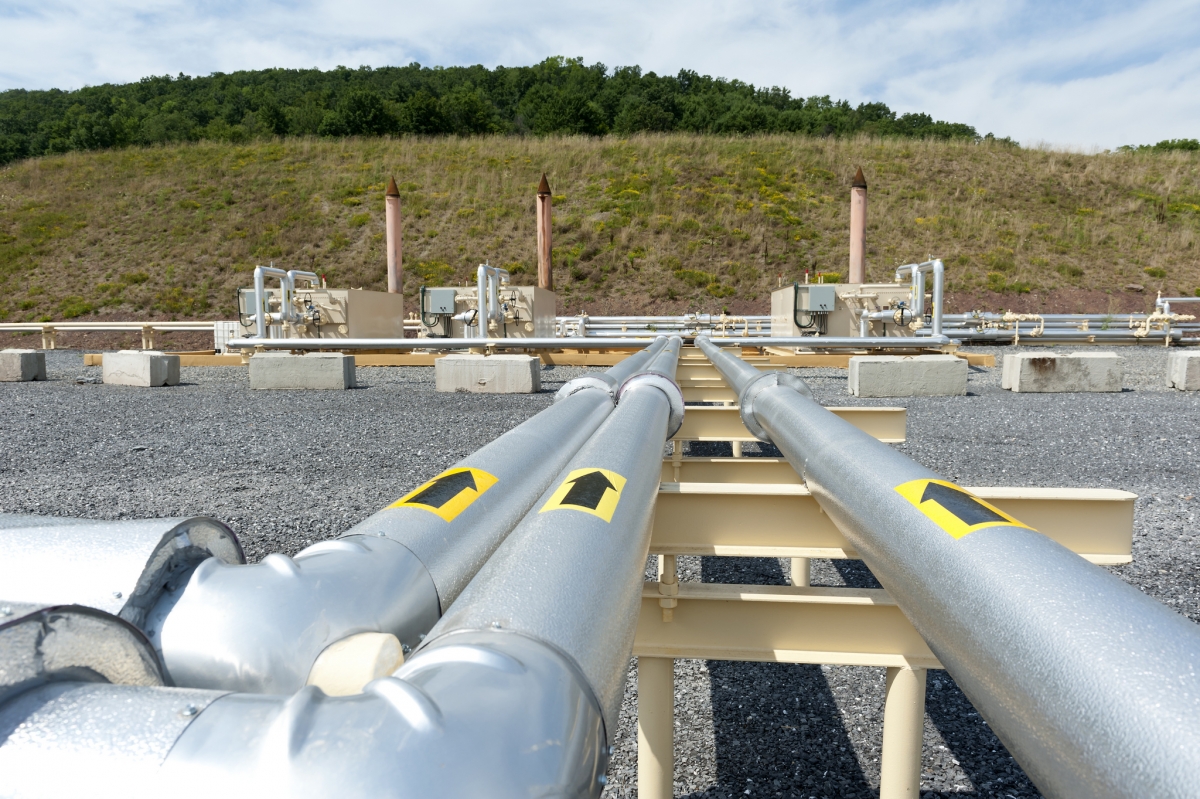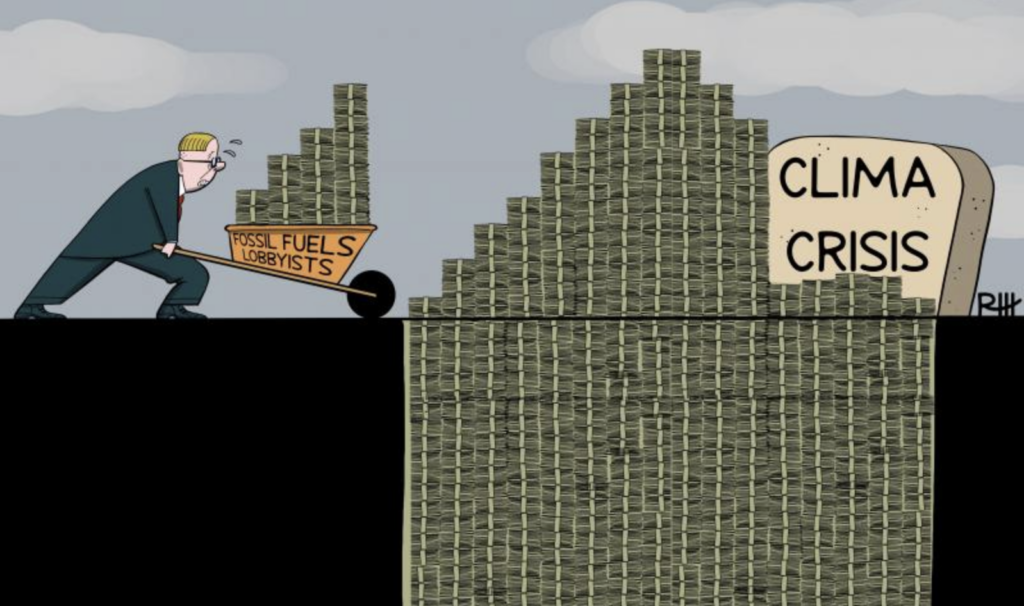DeSmog UK has compiled a list of the top 5 fracking moments of 2014 for our #FrackingFriday series – complete with controversial government reforms, industry blunders and the defining moments of a debate that has exacerbated the relationship between public and energy, government and industry, people and planet.
- Fracking Beneath Your Floor
In the heat of a scorching summer, the UK government confirmed reforms to the Infrastructure Bill that will now allow fracking companies to drill directly under people’s homes. This is despite 99% of the public opposing the changes.
The amendments, which were introduced by Tory peer Baroness Kramer, were defined as an individual’s “right [to] use deep-level land in any way for the purposes of exploiting petroleum or deep geothermal energy.”
The government did not find anything wrong with the proposals and “did not identify any issues that persuaded us [the government] to change the basic form of the proposals.”
In a statement by the Department for Energy and Climate Change (DECC), the Conservative energy minister, Matt Hancock, said: “By removing barriers to deep underground drilling access, we are speeding up oil and gas and deep geothermal energy exploration.”
This is irrespective of reports that connect fracking to earthquakes and wide-scale environmental impacts that would definitely affect those living nearby well sites.
Further Tory amendments have also allowed the use of any “substances” in the extraction of shale by fracking companies, even under people’s homes.
- The Fracking Redaction
Earlier this year, a Greenpeace-led campaign investigating the impacts of fracking on affected areas led to the publishing of a heavily redacted document that sparked public outrage towards the government’s secrecy.
The report, Shale Gas: Rural Economy Impacts, showed direct connections between fracking and falling house prices.
Green MP and former party leader Caroline Lucas said: “It appears that the government has a great deal to hide with regards to the risks of fracking for local communities.
“The number of redactions would be almost comical if it weren’t so concerning. What are the economic, social and environmental impacts and effects upon housing and local services, agriculture and tourism that the government is so keen to withhold from us?”
Photo: Screenshot of Shale Gas: Rural Economy Impacts report
A 2010 case study that was within the report shows how fracking in Texas lowered the value of houses within 1,000 feet of a well site. Those properties valued at more than £150,000 had their values decreased by 3% to 14%.
Compensation programmes have been offered by the UK government in the case of affected house prices worth up to £100,000, but this has been widely criticised as “insulting”, with house prices already affected by the prospect of planned fracking operations.
Barbara Richardson, a member of the Roseacre Awareness Group, which opposes fracking in Lancashire – an area already well-associated with fracking-related earthquakes – said to the Guardian: “One couple had agreed a house sale, but just as the plans were announced in February their buyers negotiated a reduction of 14.5% due to the uncertainty over fracking.
Their agents urged them to take it and move out before more became known about the plans.”
Prime Minister David Cameron recently dodged the question of whether he will publish an unedited copy, claiming he hasn’t seen the redacted March 2014 report.
- Shale Gas Over-hyped
A report published by government-funded researchers at the UK Energy Research Centre (UKERC) exposed the “over-hyping” of the apparent potential for fracking in the UK – declaring an American ‘shale revolution’ would never happen.
Jim Watson, the author of the report and professor of energy policy at the University of Sussex, stated that politicians and their industry allies had “over-hyped” the possibility of shale as a source of energy that would determine the UK’s energy future and independence.
Watson said: “Looking at the evidence base, it’s very hard to support some of the statements made both by industry and some politicians that it’s going to bring down prices, strengthen energy security or create jobs through cheaper energy any time soon.
“It may have an impact. But a lot depends on how fast shale develops.”
The report, titled A Bridge to a Low-Carbon Future? Modelling the Long-Term Global Potential of Natural Gas, states: “Any talk of shale gas making the UK self-sufficient again, let alone allowing significant exports, is far-fetched.”
A second report, which came out at the same time, by the European Academies Science Advisory Council also stressed that shale development would not become as widespread in the UK for decades due to Europe’s geology being “more complicated” than that of the United States.
- Fracking a ‘Human Rights Violation’
Last month, human rights activist Bianca Jagger delivered a hard-hitting report to David Cameron, calling on the government to investigate the human rights implications of fracking.
The report focuses primarily on the health implications of people living by frack sites, where the government is “legally bound to respect and protect human rights, both under the auspices of its own Human Rights Act 1998 and of the European Convention on Human Rights.”
Photo: Max Philipps Image Library via Flickr
Speaking about the report, Jagger stated: “The UK Government is promoting a fracking agenda despite the well-documented health and environmental impacts. The Government has disregarded the Human Rights of ordinary citizens.
“They are rushing through changes to the law of trespass to speed up the ability of shale gas companies to frack under people’s homes without their consent. The re-writing of the law is being introduced despite widespread public concern about the health and environmental impact of fracking and in the face of overwhelming public resistance from ordinary people.”
The report also concentrates on the government’s continued efforts to sell the positives of fracking over a steady informative review, with consistent claims that burning shale gas produces fewer greenhouse emissions than burning coal.
-
Shale Task Force
Controversy within the public debate on shale gas entered a new precedent stage when the former head of the Environment Agency, Lord Chris Smith, was commissioned by the shale industry to lead its new fracking Task Force on Shale Gas.
The “independent” task force, funded by shale giants Cuadrilla and Centrica, “will assess the existing evidence, ask for new contributions and lead a national conversation around this vitally important issue,” stated Smith.
Run by industry-adored PR firm Edelman, the group is tasked with providing more evidence to the debate as local communities across the UK oppose shale development in their area.
Funders of the task force also include French oil giant Total, who, alongside its other industry funders, have already provided £650,000. The task force has promised to find the other half of its required funding from alternative sources.
Environmental groups were left unconvinced by the intentions of the task force however, with Friends of the Earth energy campaigner Tony Bosworth stating in the Guardian: “This looks like another attempt by the shale gas industry to buy respectability. If they think that opponents of shale gas, nationally and locally, who are rightly concerned about its impacts, will be convinced by an industry-funded body then they have badly misjudged the situation.
“Rather than putting their money into bodies like this, the industry should engage in genuine debate with local communities.”
Stay tuned, because in the New Year we’ll be predicting the fracking issues expected to flare up in 2015.
Photo: Cuadrilla via Creative Commons
Subscribe to our newsletter
Stay up to date with DeSmog news and alerts









